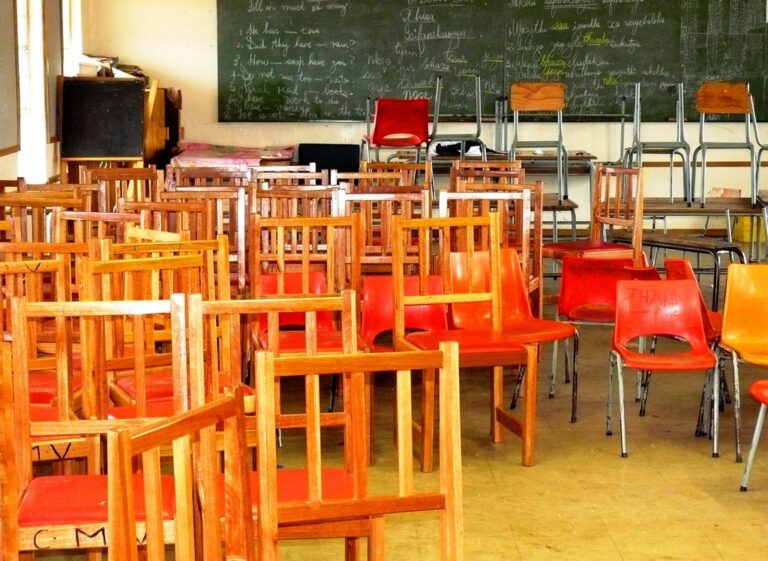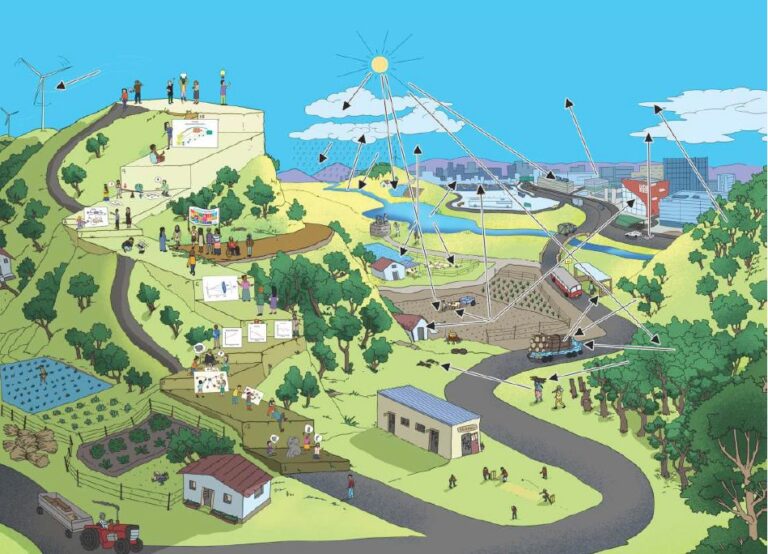Education and national identity in Uzbekistan: An analysis of ‘Tarbiya’ textbooks through a post-structuralist lens

Since 1991, Uzbekistan, a multi-ethnic Central Asian state where 60% of the population is under 30, has prioritized its youth as a “strategic resource of the state” in nation-building efforts. With the aim to fill the void left by the…














